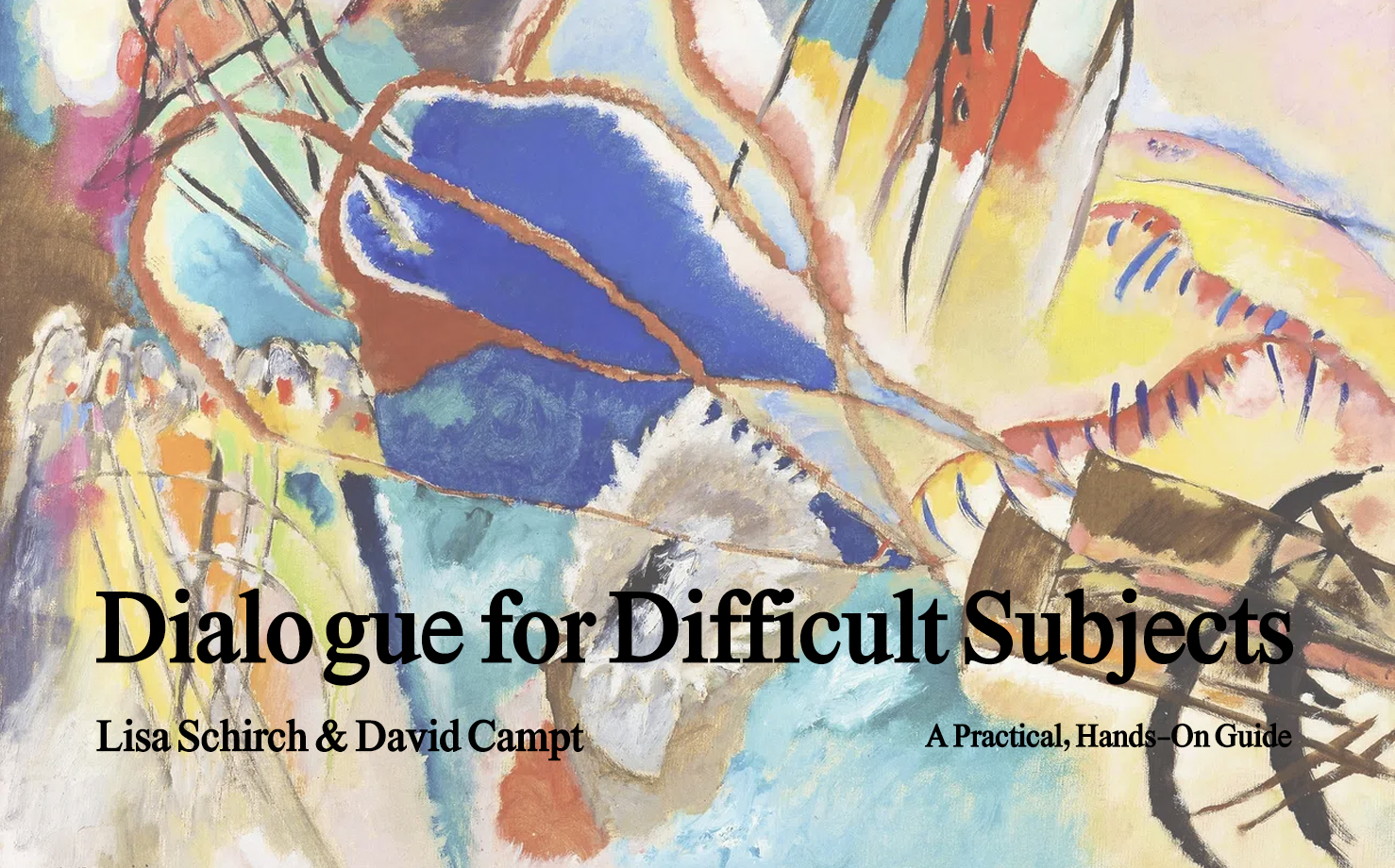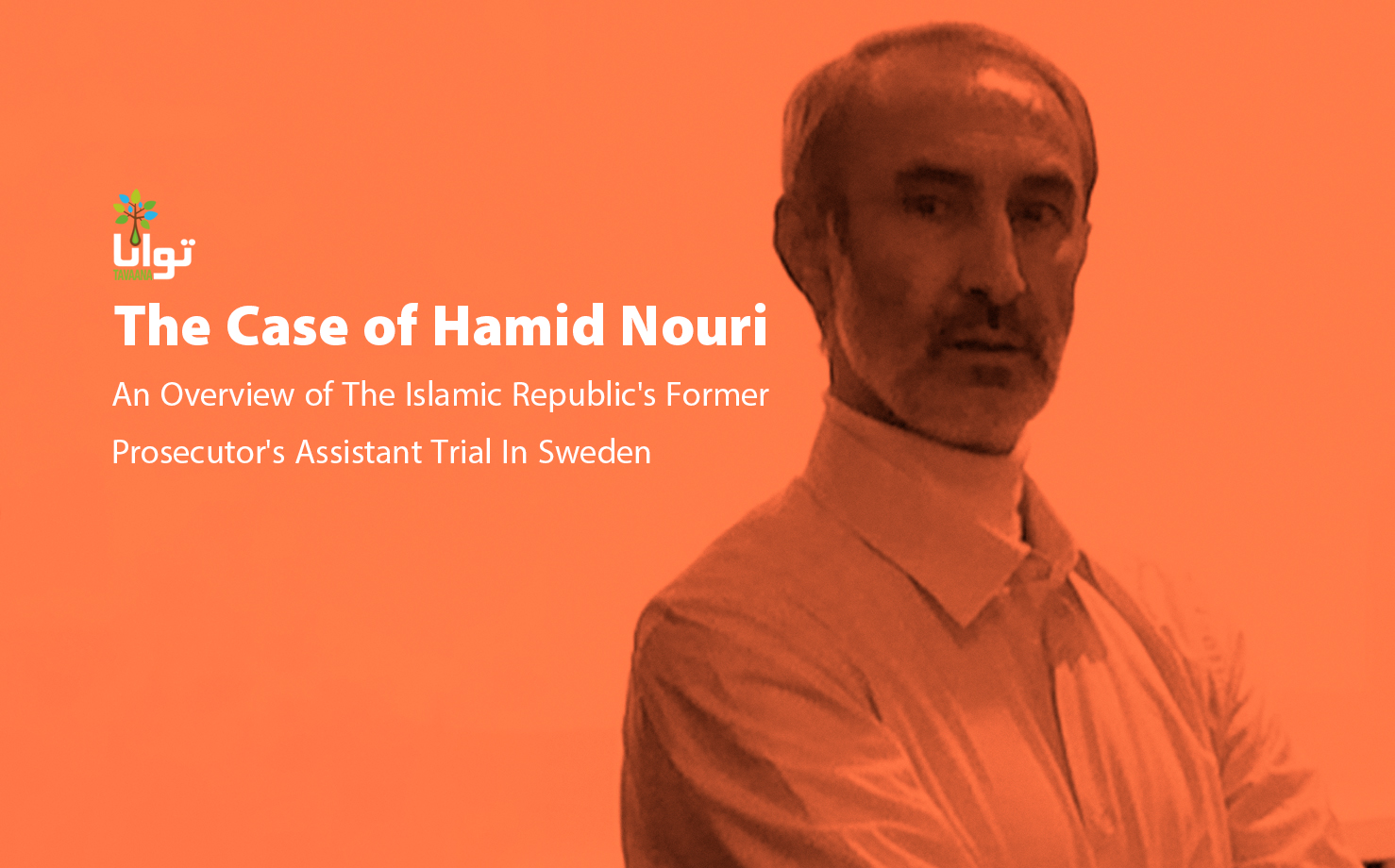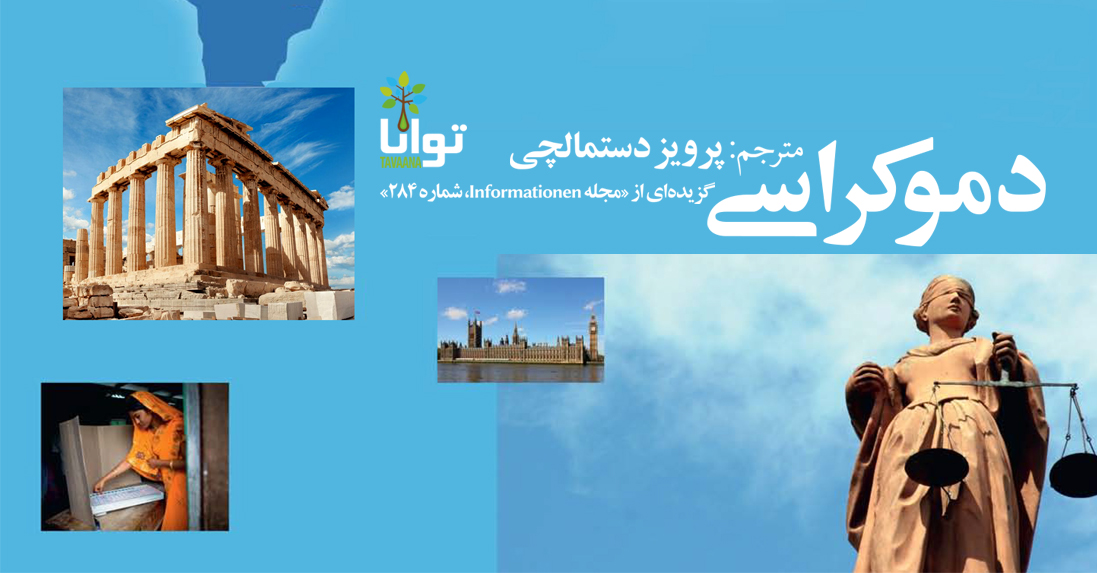Andrew Carnegie (1835-1919) was a Scottish immigrant to the United States who made a fortune manufacturing steel and became a leading philanthropist, using his wealth to found universities, libraries and the Carnegie Endowment for International Peace. Carnegie rose to prominence during the “Gilded Age,” a period of rapid economic growth in the late 19th century dominated by a new class of wealthy elites. Carnegie, a member of this social class, espoused the view that the upper class had an obligation to distribute some of their wealth to the poor.
In his most famous essay, “The Gospel of Wealth” (1889), Carnegie identifies the management of riches as one of society’s greatest challenges, arguing that large fortunes should be used for the common good. The essay strongly defends individualism and the creation of wealth while simultaneously setting forth the duty of the wealthy to promote a better society. Carnegie condemns revolution; instead, he advocates evolutionary social change based on the acceptance of human nature: “all we can profitably or possibly accomplish is to bend the universal tree of humanity a little in the direction most favorable to the production of good fruit under existing circumstances.” Carnegie’s essay had an immediate and lasting impact on American philanthropy. A notable increase in donations by industrialists followed its publication, and the essay serves as an intellectual precursor to philanthropic activity today.
Tavaana Publications Click here to read Tavaana’s exclusive translation of “The Gospel of Wealth,” by Andrew Carnegie.










